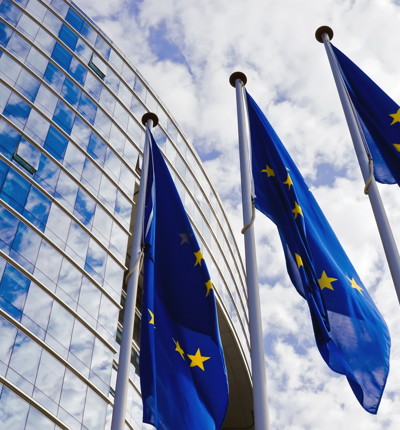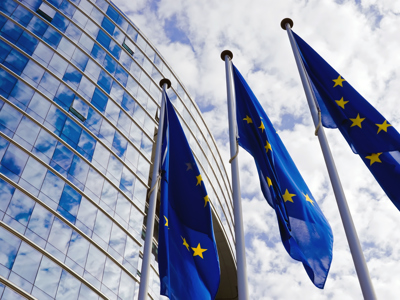
EU Directive on Corporate Sustainability Due Diligence: no plans for replication in the UK
Anna Barr and Oliver Holland, from our international department, follow up on their blog on the EU Corporate Due Diligence and Corporate Accountability Directive and express their disappointment that the UK government does not plan to replicate the directive.
Posted on 28 June 2022
In our last blog regarding the EU Corporate Due Diligence and Corporate Accountability Directive (EUDD), we explained the importance of mandatory due diligence and how this has the potential to benefit those harmed by the operations of multinational companies and lead to greater transparency and accountability. We had hoped the UK would follow the EU in strengthening UK human rights due diligence (HRDD).
As set out in our most recent blog, the UK government’s proposed changes to the Modern Slavery Act (MSA) has the potential of strengthening British HRDD, seemingly a step in the right direction. However the UK Government’s recent letter to the Chair of the House of Commons on Business, Energy and Industrial Strategy Committee casts doubt on the UK government’s understanding of the current HRDD framework and its effectiveness, which in turn raises concern as to the whether the proposed changes to the MSA will in fact effectively strengthen British HRDD.
The EUDD: Recap
The EUDD aims to prevent and protect against potential or actual negative impacts on human rights, the environment and good governance in supply chains. It also seeks to ensure that businesses can be held accountable for such impacts, and that anyone who has suffered harm can effectively exercise the right to a fair trial before a court and make sure that any injustices are put right in accordance with national law.
As the UK is outside the EU it does not need to implement the directive but it has the potential to apply to UK companies where:
A UK company generates turnover in the EU, through exporting or via activities of the branch, which meets the threshold set out in Article 2 of the EUDD.
UK companies, business or sole traders which export to EU companies which themselves are in scope of the EUDD.
It is not currently clear how many companies would actually be affected. To guarantee improved transparency and accountability within UK companies’ supply chains, the UK must have its own effective HRDD framework.
No plans to replicate the EUDD in the UK’s HRDD framework
In the letter the UK government states that, at present, it does not intend to replicate the EUDD in the UK’s HRDD framework.
It considers that directors of UK listed companies are already held to account on their management of human rights and environmental issues in their annual reporting. It states that they are required to cover HRDD measure they have taken in their annual reports and that large UK companies already publish annual transparency in supply chain statements in accordance with the MSA.
This is a concerning interpretation of the UK’s current HRDD framework, accountability of directors of UK quoted companies and transparency within their supply chains. As previously set out in our World Day Against Child Labour blog, the Financial Reporting Council (FRC) recently reported (before the Letter was published) that the majority of UK companies fail to comply with the section 54 reporting requirement of the MSA.
Although in the letter the UK government refers to the UK business being steered by voluntary international frameworks such as the UN Guiding Principles on Business and Human Rights and the OECD Guidelines on Multinational Enterprises and the National Contact Point which “engages UK businesses to increase awareness and understanding of the voluntary principles and standards for responsible business conduct in the OECD Guidelines”, it fails to acknowledge the ineffectiveness of non-mandatory due diligence as evidenced by UK businesses’ low compliance rate with the MSA and the fact goods manufactured by victims of human rights abuses make their way onto the British market.
Shortcomings of the UK HRDD framework
Contrary to the UK government’s belief, UK companies are clearly not being held to account through the current UK HRDD framework. The lack of insight into the problems with the current framework raises concerns as to whether the proposed changes to the MSA will be implemented in a way which makes British HRDD effective.
The UK government must recognise the problems with the current UK HRDD framework and its impact on vulnerable persons globally. It must make a genuine effort to strengthen HRDD legislation to properly hold to account those who are responsible for harming others and increase transparency in UK company supply chains. If the UK fails to act, it risks becoming a haven for products manufactured with forced and child labour which have been prevented from entering the US or European markets due to effective HRDD measures being implemented in those regions.

Oliver Holland
Oliver is a partner in Leigh Day's international and environment teams. Oliver's practice covers environmental harm, human rights, modern slavery & consumer litigation, including expertise in conflict of law issues & cross-border disputes.



